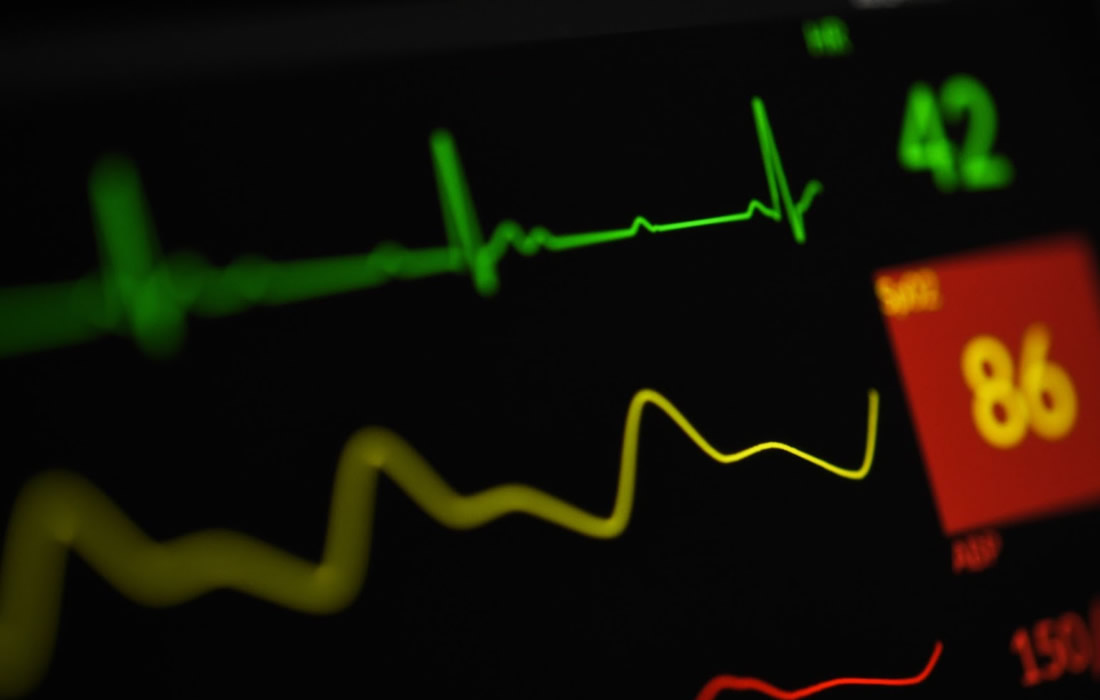Regenerative Medicine News and General Information
Atrial Fibrillation Appears to Heighten Dementia Risk
People with a recent diagnosis of atrial fibrillation (AF), the most common irregular heart rhythm, have a modestly higher risk of developing dementia than people without the condition, according to new research.
Atrial fibrillation, typically a very rapid heart rhythm, can spur blood clots in the heart, increasing someone’s risk for stroke and heart failure, and shorten lifespan.
“We know that atrial fibrillation is one of the strongest risk factors for ischemic stroke, but whether atrial fibrillation increases the risk of developing dementia independent of having a stroke has been unclear,” said senior author Dr. Alan S. Go.
The research spanned 2010 to 2017 and involved nearly 197,000 patient records from Kaiser Permanente health systems in California. Half of the patients had been recently diagnosed with atrial fibrillation; their counterparts in the control group were selected for similar age and health profiles but did not have AF. Both patient groups’ medical records were reviewed for three years, on average, to identify subsequent diagnoses of dementia, including Alzheimer’s disease.
Overall, people with newly diagnosed atrial fibrillation had a 13% higher risk of developing dementia. That risk appeared to be amplified in people whose AF diagnosis came before 65 years of age and people who did not have chronic kidney disease. No such significant differences in risk were seen in patients’ sex, race or ethnicity.
The researchers used a methodology to mitigate the influence of other medical conditions also known to heighten dementia risk, Bansal said. So it was a surprise, she added, to find greater risk among relatively younger patients and those without kidney disease.
“Many people with atrial fibrillation will not develop dementia, but I think this is a conversation a patient with newly diagnosed atrial fibrillation needs to have with their doctor, weighing their potential individual risk of developing dementia, as well as weighing the risks and benefits of treating the atrial fibrillation.” said Bansal.
Bansal said the next stages of this research will aim to better understand the biological mechanisms linking atrial fibrillation and dementia, and studying whether different AF therapies — for instance, catheter ablation of the heart muscle vs. medication — affect patients’ trajectories for dementia and other complications.
Sources:
Nisha Bansal, Leila R. Zelnick, Jaejin An, Teresa N. Harrison, Ming‐Sum Lee, Daniel E. Singer, Dongjie Fan and Alan S. Go. Incident Atrial Fibrillation and Risk of Dementia in a Diverse, Community‐Based Population. JAHA, 2023 DOI: 10.1161/JAHA.122.028290
University of Washington School of Medicine/UW Medicine. “Incident atrial fibrillation appears to heighten dementia risk: A large UW Medicine-Kaiser Permanente study finds modestly increased risk, with a stronger link seen among younger, healthier people.” ScienceDaily. ScienceDaily, 8 March 2023. <www.sciencedaily.com/releases/2023/03/230308171648.htm>.
Images from:
Photo by Joshua Chehov
https://unsplash.com/photos/beXUIzvxW-Q

